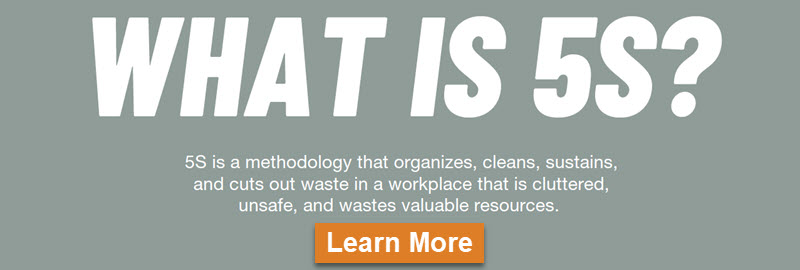
Maryland State Sign Regulations
Our Maryland State-Specific Signs Compliance – Resource Bulletin will help you understand a variety of signage rules, regulations and requirements enacted in the state. Topics include:
- No smoking signs
- Swimming pool signs
- Concealed weapon signs
- Cell phone signs
- Baby surrender signs
Use the Download button to open this bulletin as a pdf file.
Bulletin Overview
No Smoking Signs
The State of Maryland prohibits smoking in public transportation vehicles, public places, and workplaces including bars and restaurants. Exemptions to the statewide ban are granted to designated hotel/motel rooms, retail tobacco shops, and tobacco research facilities. The Maryland Clean Indoor Air Act became law on 2/1/2008 and is administered by the Department of Health and Mental Hygiene. (24-504) (24-505)
Swimming Pool Signs
The Maryland Department of Health and Mental Hygiene stipulates the rules governing the use of public swimming pools and spas. The code became effective in 1997. (10.17.01.00)
Concealed Weapon Signs
The State of Maryland allows its residents to carry a concealed firearm (CCW) provided they have been issued a permit granted by the Maryland State Police. Among the requirements for issuing a permit are; an applicant must be at least 18 years old, has not been convicted of a felony, does not suffer from a mental illness, and does not have an addiction to a controlled substance. There are certain places such as schools, public demonstrations, government buildings, state parks, etc. where CCW is forbidden even with a permit. Maryland does not honor the CCW permits of any other states.
Cell Phone Signs
The State of Maryland bans the use of hand-held cell phones for both texting and voice communications by all drivers of motorized vehicles. Drivers under the age of 18 may not use wireless devices of any type while driving. The law, 21-1124.1-2, became effective on 10/1/2011.
Baby Surrender Signs
Since the first baby surrender (safe-haven) law was enacted in Texas in 1999, all U.S. states, as well as the District of Columbia, have passed safe-haven legislation. The laws allow an unharmed infant to be relinquished to the proper authorities.


